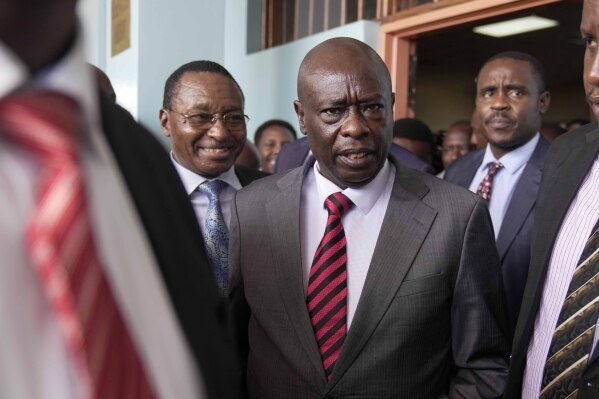The East African Community (EAC) held a summit on Saturday in Arusha, Tanzania, to address the ongoing conflict in eastern Congo. Despite the leaders’ renewed efforts for peace, challenges remain, with key absences and tensions overshadowing the event.
Highlights of the Summit
A communiqué issued at the end of the closed-door meeting emphasized the need to integrate regional and international peace initiatives to ensure long-term stability in eastern Congo. However, the absence of Congolese President Felix Tshisekedi and the early departure of Rwandan President Paul Kagame raised questions about the summit’s effectiveness.
Conflict Overview
Eastern Congo continues to grapple with one of the world’s longest-standing conflicts. The Congolese government has accused the Rwanda-backed M23 rebel group of committing “ethnic cleansing” in its mineral-rich regions near the Rwandan border. Rwanda denies these allegations but admitted in February to deploying troops and missile systems in Congo, citing security concerns due to a buildup of Congolese forces along the border.
U.N. experts estimate that up to 4,000 Rwandan forces are active in eastern Congo. Although a U.S. and Angola-brokered truce in July has reduced direct clashes between Congolese and Rwandan forces, fighting persists between the M23 and other militias.
Key Attendees
The summit was attended by leaders from across the region, including:
- President William Ruto of Kenya, who was elected as the new EAC chairperson.
- President Salva Kiir of South Sudan (outgoing EAC chair).
- President Samia Suluhu Hassan of Tanzania.
- President Yoweri Museveni of Uganda.
- President Hassan Sheikh Mohamud of Somalia.
- Burundi’s Vice President, who represented the country.
A Call for Economic Cooperation
In his remarks, President Ruto emphasized the importance of economic growth for regional stability. “Our focus must be on increasing competitiveness, promoting value-added production, and boosting intra-regional trade to create jobs and transform our economies,” he said.
Moving Forward
While the summit highlighted the urgency of peace in eastern Congo, the absence of some key players and unresolved tensions underscore the challenges of achieving sustainable solutions. For now, the region remains in a precarious state, with both diplomacy and ground realities shaping its future.

